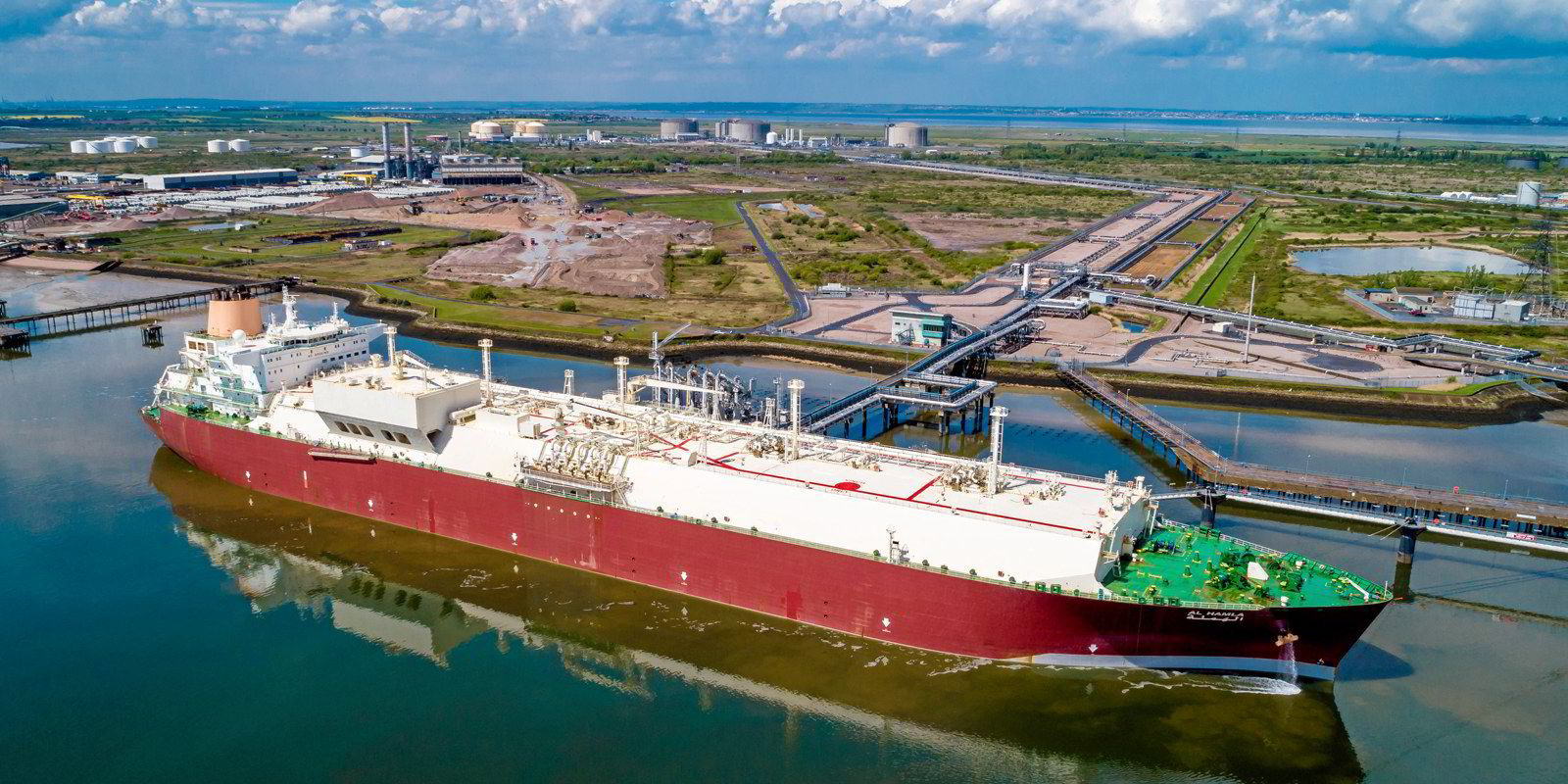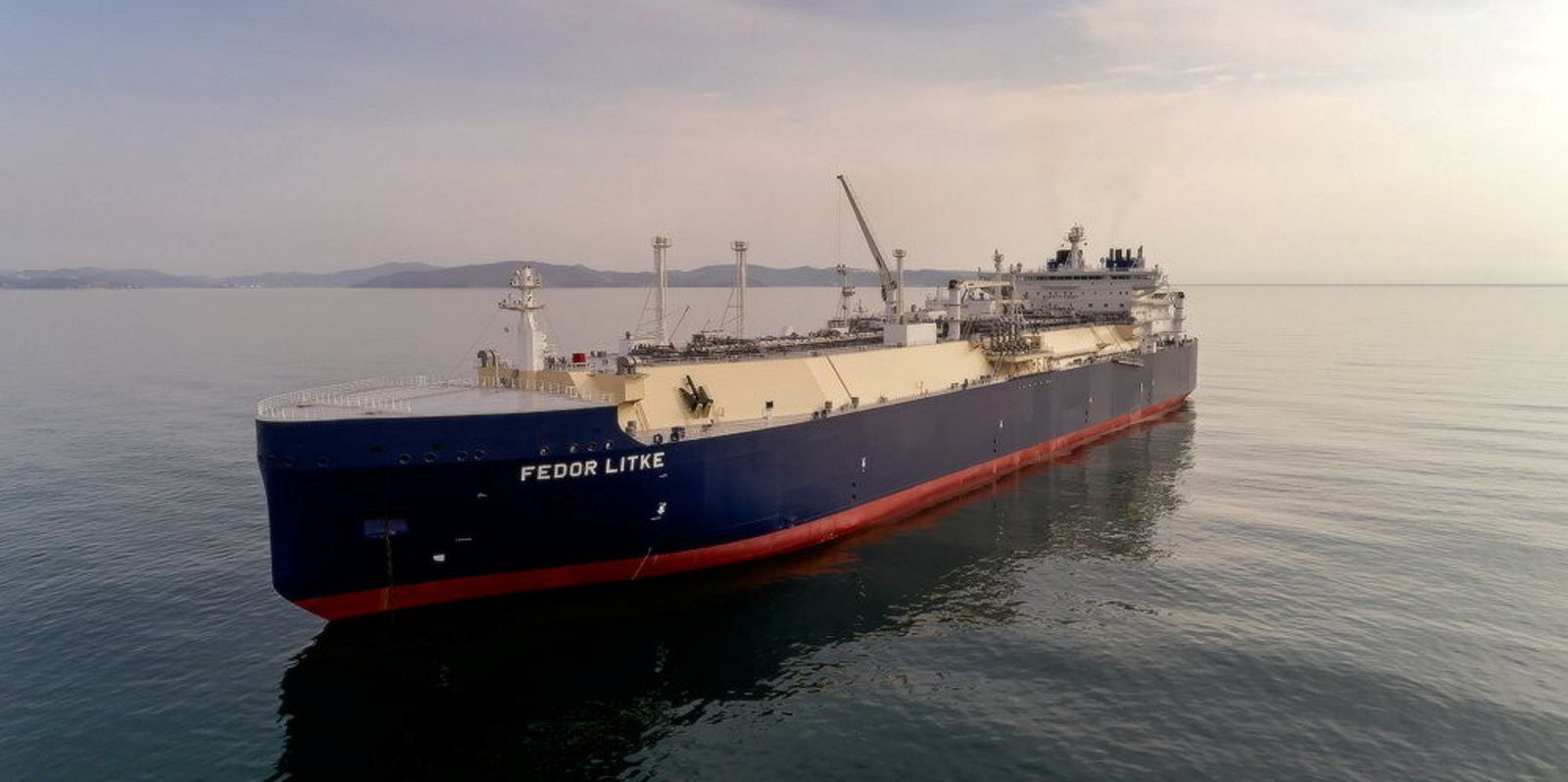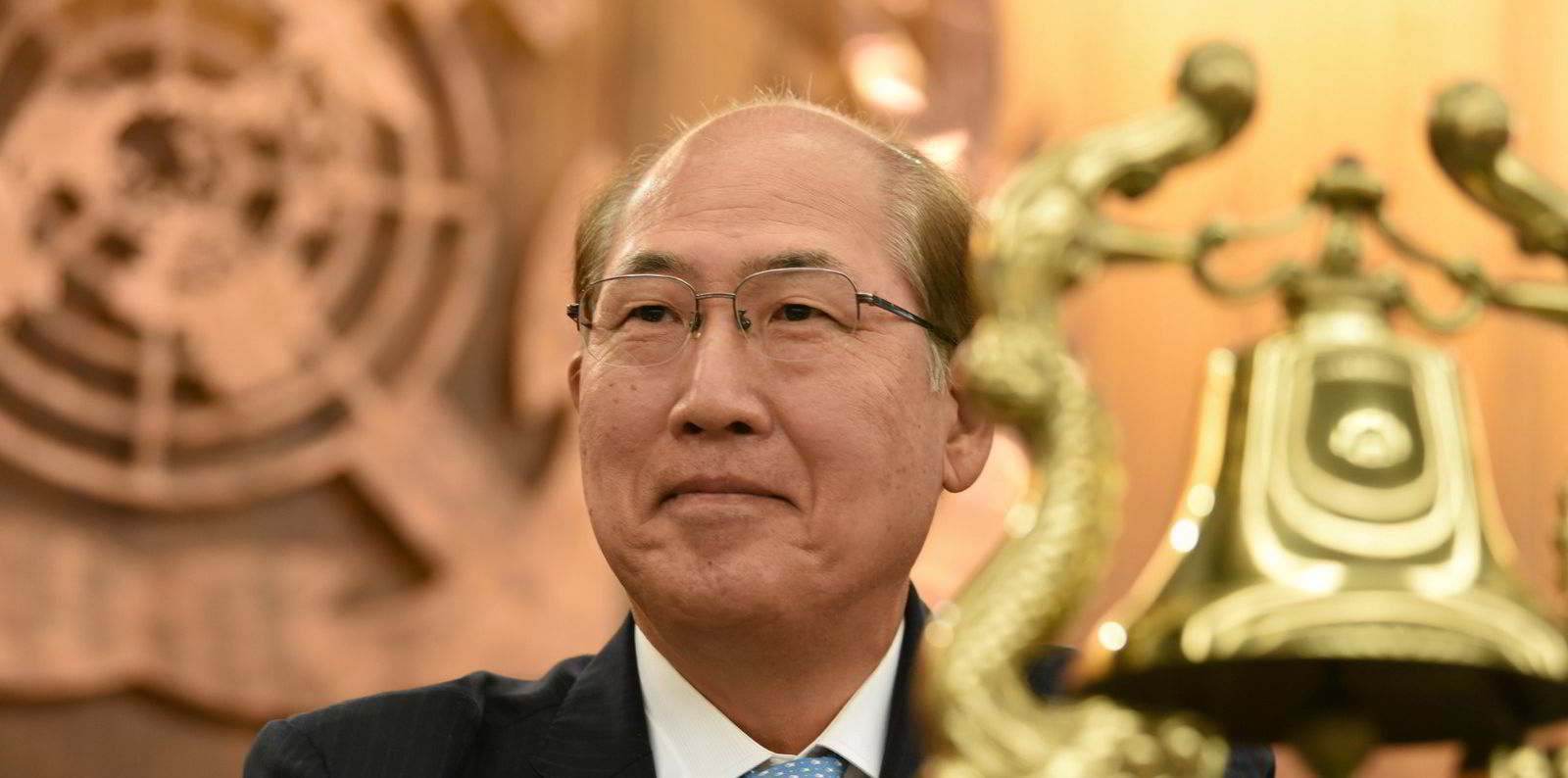Retreats from business related to Russia following the invasion of Ukraine could see distressed LNG cargoes emerge on the market, according to broker and consultant Poten & Partners.
In a webinar on LNG and the Ukraine crisis, Poten’s global head of business intelligence Jason Feer said Japanese trading houses are already “not interested” in Russian spot cargoes.
He cited the UK’s move to ban ships linked to Russia from calling at the country’s ports and said that if this is extended then, the market may see some distressed Russian LNG cargoes.
Poten senior financial advisor Melanie Lovatt said that the market is already seeing “sentiment running ahead of sanctions”.
She said the Northern Sea Route is closed eastbound due to winter ice conditions, with cargoes from Russia’s Novatek-led Yamal LNG project being exported west.
Lovatt said that the market is watching to see if these cargoes will go into Europe.
“It makes for a very difficult situation right now,” she said.
Poten head of forecasting for business intelligence Kristen Holmquist said the US exported record amounts of LNG in January and also in February if measured on a daily basis.
But she said: “This is not sustainable in the long run, ” adding that the US can keep pumping our more than 7m tonnes of LNG a year as there are always likely to be supply glitches.
She said the US’s production surge capacity is already being used and there is not much more room for additional cargoes, even if prices rise higher.

Feer said Europe’s dependency on Russian natural gas is between 40% and 41%.
While European gas storage ran very low in 2021, the winter was warmer than expected so the drawdown on stocks was not so extreme. In addition, Holmquist said these stocks were bolstered by LNG volumes.
But the Poten analysts also highlighted how the Russia-Ukraine crisis had heightened price volatility on both the oil and gas markets, with Lovatt referencing that on Wednesday Europe's TTF [Dutch Title Transfer Facility] benchmark LNG price spiked at over $60 per MMBtu.
Holmquist said Asia will also need to buy LNG in 2022 and questioned where volumes will go.
Feer said LNG regasification utilisation in northwest Europe was at 93% in January, with some locations working above nameplate capacity.

Lovatt said the conflict has raised concerns over energy security and may lead to more demand for LNG regasification capacity in Europe. She mentioned Germany, which this week said it would revive and fast-track plans for two LNG import facilities.
Poten managing editor Sophie Tan said Asia buyers are very concerned by the higher LNG prices in Europe, particular as some had switched to buying spot volumes. She said if do not have Russian supply they will likely buy more term contracts of three to five years for LNG to give them cover in an uncertain situation.
Tan added that the push for decarbonisation may also slow this year.
Feer said the market is seeing higher coal burns and a possible rethinking of the role of hydrocarbons due to the conflict adding that this is threatening to “blow a hole” in decarbonisation efforts.
Read more
- Blow-back for lines as Russia sanctions worsen congestion
- Salvage Union suspends Russian member Marine Rescue Service
- Torm CEO: Tanker trade will shift as more oil and gas firms disengage with Russia
- Crew on ships trapped in Odessa fear for their lives as fighting nears
- International Seaways cuts losses with old tanker sales





